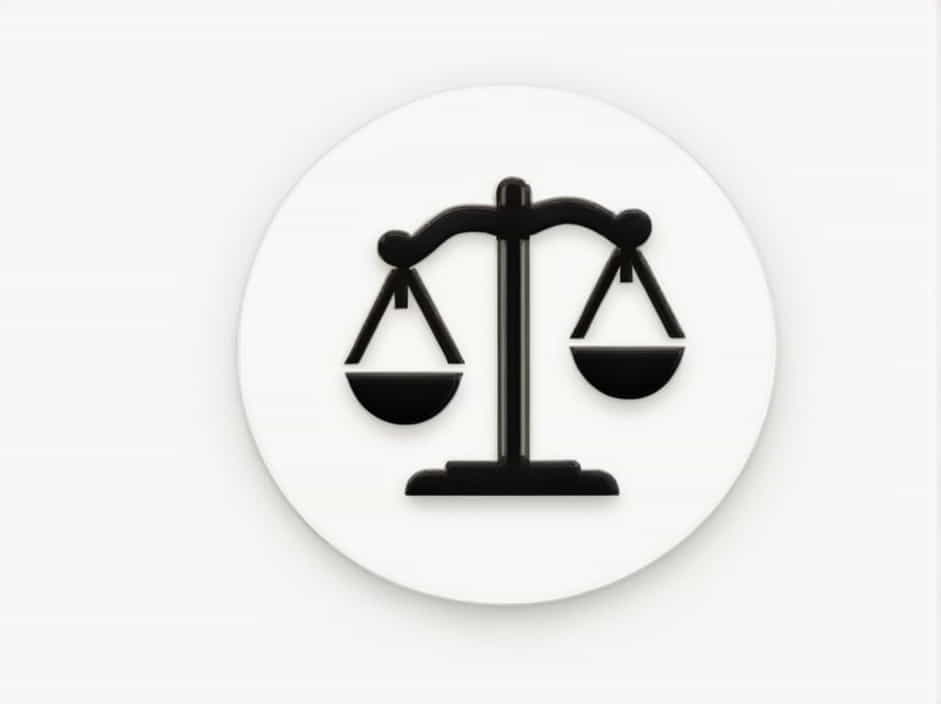Fiscal Policy Up To Stagflation Of The 1970s
Fiscal policy, which involves government decisions on taxation and spending, plays a crucial role in managing economic growth, inflation, and unemployment. In the years leading up to the stagflation of the 1970s, fiscal policy in many advanced economies, especially the United States, was primarily influenced by Keynesian economic principles. However, the unexpected combination of high … Read more





